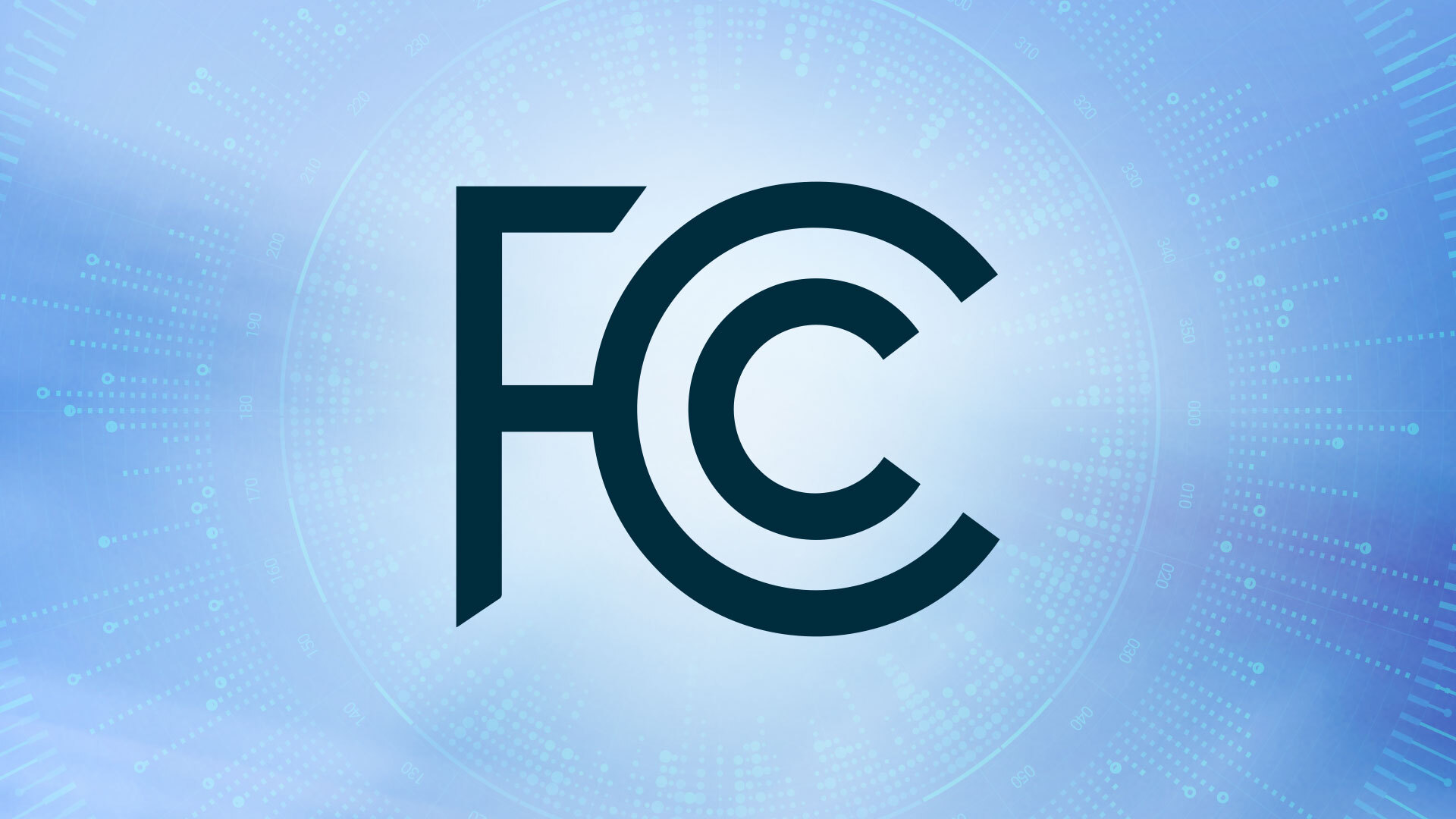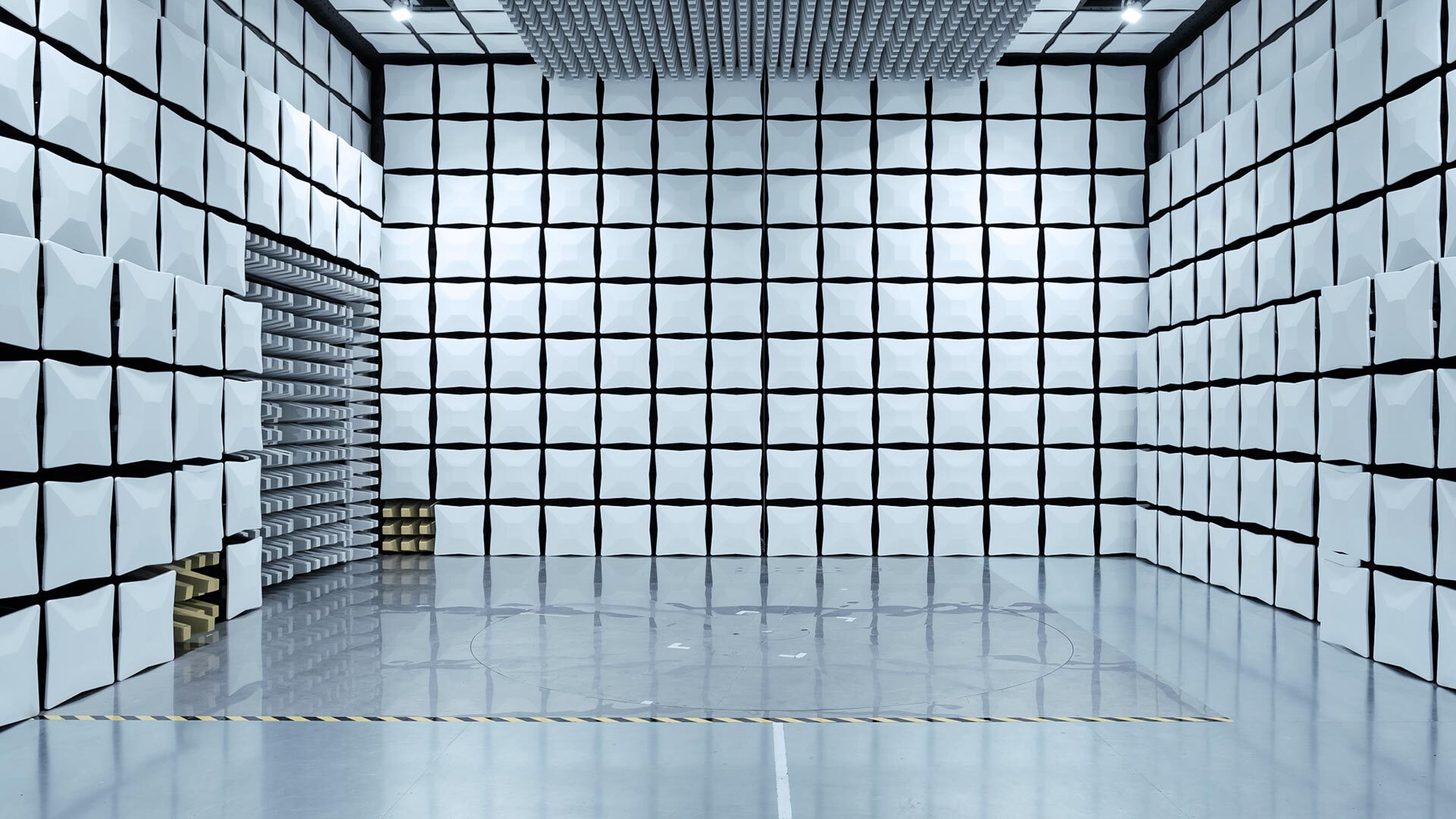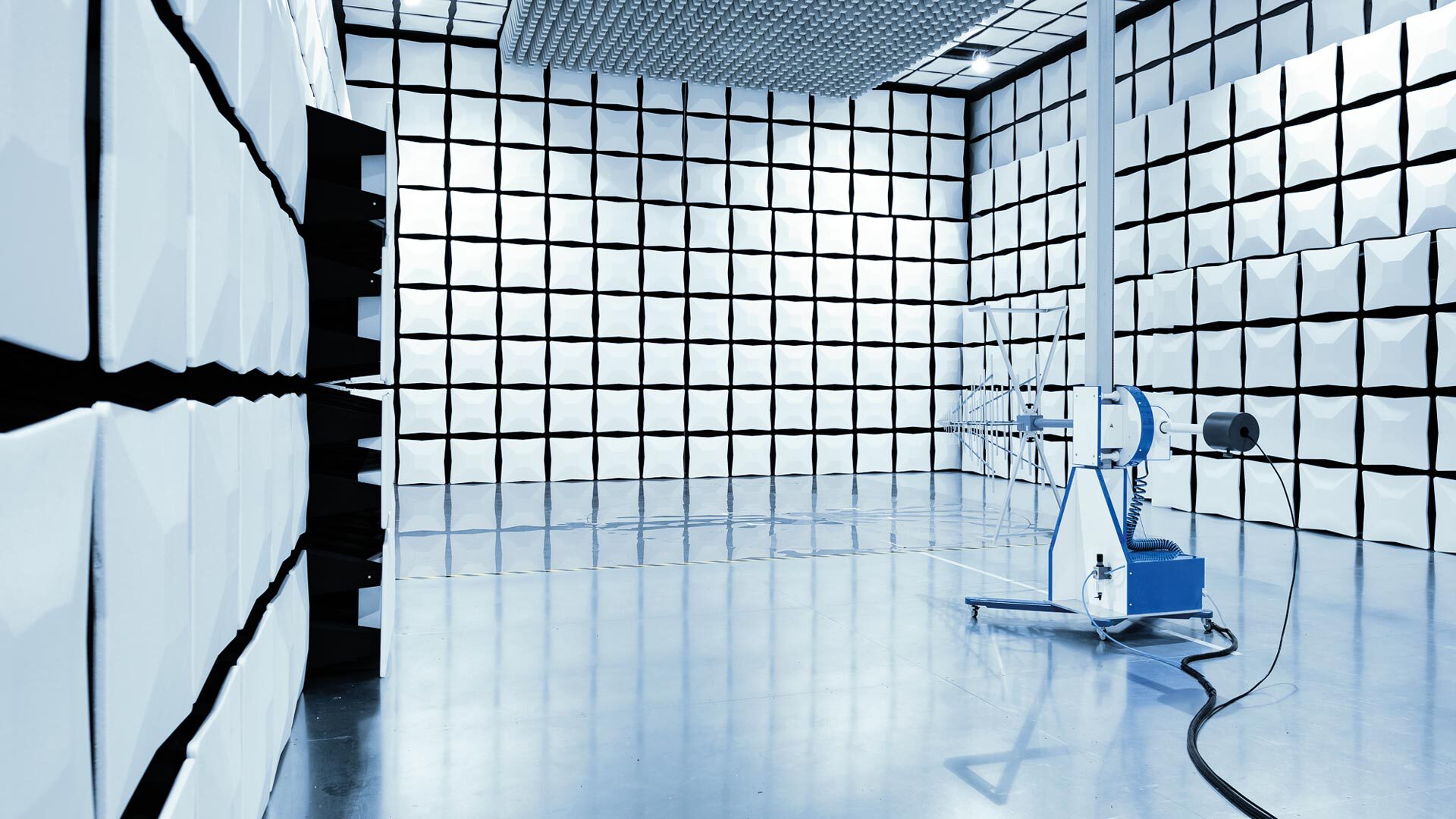
The FCC is an independent agency of the United States, was established by the Communications Act of 1934, and is charged with regulating interstate and international communications by radio, television, wire, satellite, and cable.
In order to obtain market approval for a device with wireless technologies in the USA, each manufacturer must obtain FCC certification for the respective device. Certification in accordance with the requirements of the Federal Communications Commission (FCC) primarily means approval of devices with wireless technologies in the USA. To make the certification process more efficient for manufacturers in and outside the U.S., the FCC has designated Telecommunication Certification Bodies (TCBs) that have the authority to evaluate a customer-submitted application for certification and issue an FCC grant as part of the FCC approval process
An updated FCC Authorization Program was introduced in November 2017, which was in a transition period until November 2, 2018. During this transition period, both programs were valid.
Since November 2018, a new authorization program for an FCC certification is valid for the US market.

Self-declaration, no FCC lab is required. The responsible person must be a resident of the USA. The FCC logo is not required, but may be used.
A list of product groups for which the less burdensome sDoC procedure may be used can be found in FCC Rule Part 15.101. As an alternative, the manufacturer may use the certification procedure instead of an SDoC procedure. In this case, an accredited and recognized FCC laboratory is required.
On February 6, 2023, the rules for prohibiting authrorisation of “covered equipment”, adopted in the Report and Order portion of FCC 22-84, became effective upon publication. The covered List identifies certain telecommunications and video surveillance equipment produced by certain entities as “covered” equipment.
i) Based on this new requirement an attestation is required by every applicant stating that the applicant and any of its subsidiaries are not on the covered list.
ii) Secondly, the applicant must also designate a U.S agent service for process. This agent must be located in the Unites States of America. This implies is required for every authorization route a U.S agent for service is required.
We are accredited and recognized as an official laboratory at the FCC and can therefore perform all relevant regulatory tests necessary to start the FCC approval process. In addition to the necessary tests, with our TCBs we can also offer you the certification process and thus a complete FCC approval from a single source.

Our accredited laboratories in North America and Europe have multiple approved TCBs and we provide testing and approval services to all FCC standards. These include but are not limited to:
FCC certification can also be seen as a basis for approval in many countries around the world, as the associated test scope covers a wide range of local specifications. These include Mexico, Chile and Argentina, among others. Contrary to popular belief, FCC certification for the US market is not synonymous with market approval in Canada. For the Canadian market, approval from the ISED (Innovation, Science and Economic Development Canada) authority is required.
For unlicensed devices such as Bluetooth or WLAN products, radio keys, etc. the following must be submitted:
For licensed devices, such as mobile phones, the following additional features are needed:
The application, including documents in English, must be submitted by the TCB to the FCC.
The basis for a market approval in Canada is the so-called ISED certification. The responsible authority for radio licensing in Canada is called Innovation, Science and Economic Development Canada (ISED). The technical requirements for a market approval of products with radio technologies are in most cases identical to those in the USA and the tasks of the FCB for Canada are similar to those of the TCB.
No. In KDB 996369 D04, FCC has made it very clear that additional measurements must be performed on the host product (e.g. radiated emissions, EIRP, etc.).
In the case of a full-modular approval, the module must be integrated in consultation with the module integrator, the 15B part must be considered and additional measurements for the radio part must be considered. Afterwards an SDoC procedure can be applied by the host integrator.
When integrating a module with “limited modular” approval, the host integrator can only perform two procedures himself 1) Change in ID for modular approval + C2PC of the module or 2) seek a new FCC ID of the host product. If the host manufacturer cannot comply, or is not given clear directions to address the limitations, he must have the host authorized at the module level with the module grantee via C1PC or C2PC whereby the specific host is assessed together with the module. This is a major difference to integration with the Full Modular, since the integrator cannot simply make a C1PC himself.
This procedure involves integrating a certified module without having to perform a separate approval for the host product. As mentioned above, you have to do some spot check measurements. As mentioned earlier, spot check testing is required pursuant to KDB 996369 D04.
In general, all transmitters + scanning receivers must be certified. The products that fall under SDoC are listed in §15.101. In many cases both procedures apply.
Certification:
sDoC:
sDoC and Certification:
This does not play a role for the FCC approval.
You do not have to do anything if you are in transit or have products that roam e.g. containers on a ship.
If you want to sell your device in the USA with a roaming SIM, you have to get the acceptance of the US network operators.
An FCC approval is only valid for USA and should not be considered as valid for other economies, unless there are special agreements between both economies. In USA, only receivers operating between 30MHz and 960MHz are subject to either SDoC or certification authorization procedures. Based on these FCC rules, GPS receiver (operating > 960MHz) measurements are not required, because they are exempt from complying with the technical provisions of part 15B. However they are still subject to §15.5.
Mexico has its own requirements. USA and Mexico signed a mutual recognition agreement (MRA) in 2016. As of now the standards which are available for designation can be seen here: